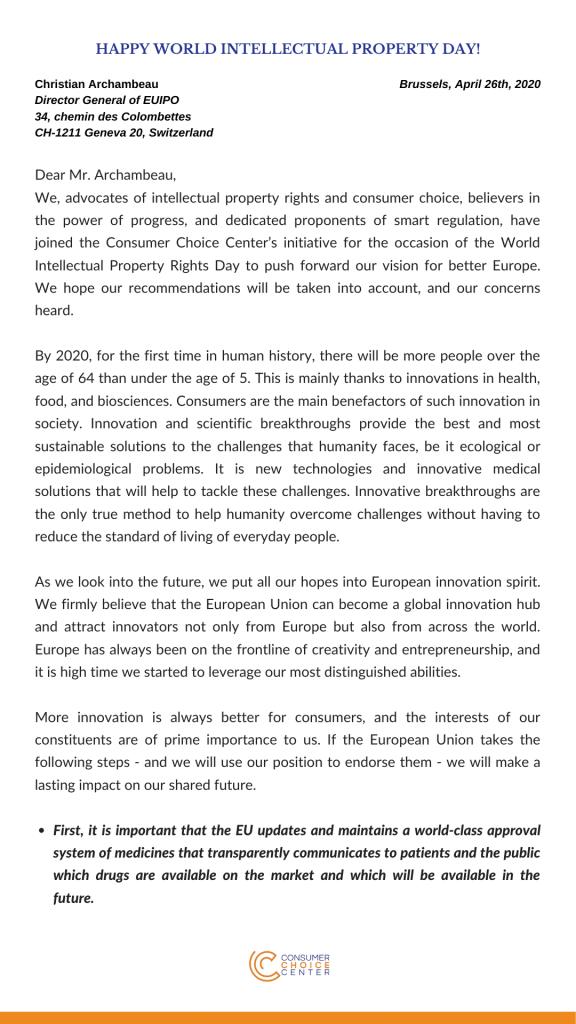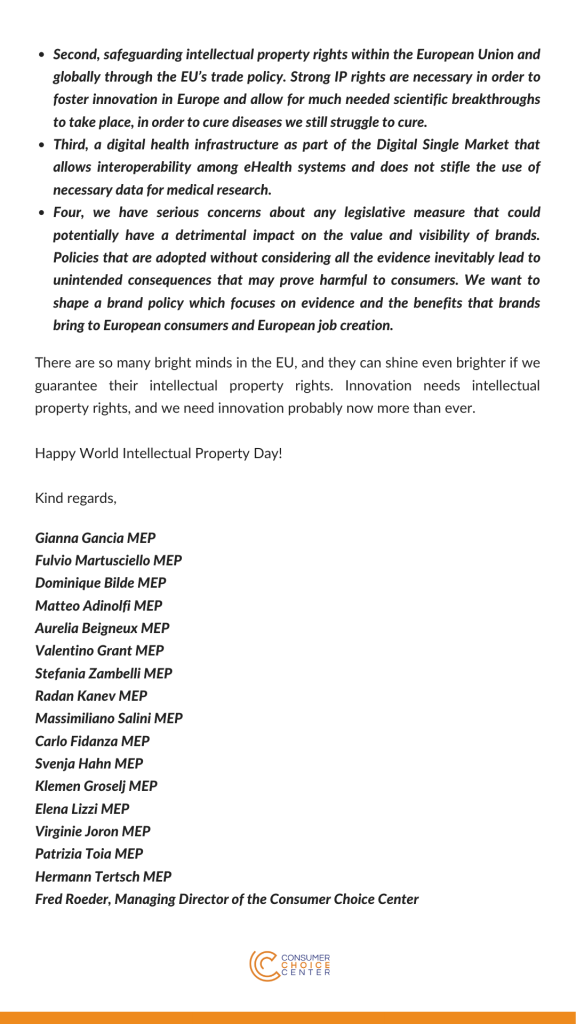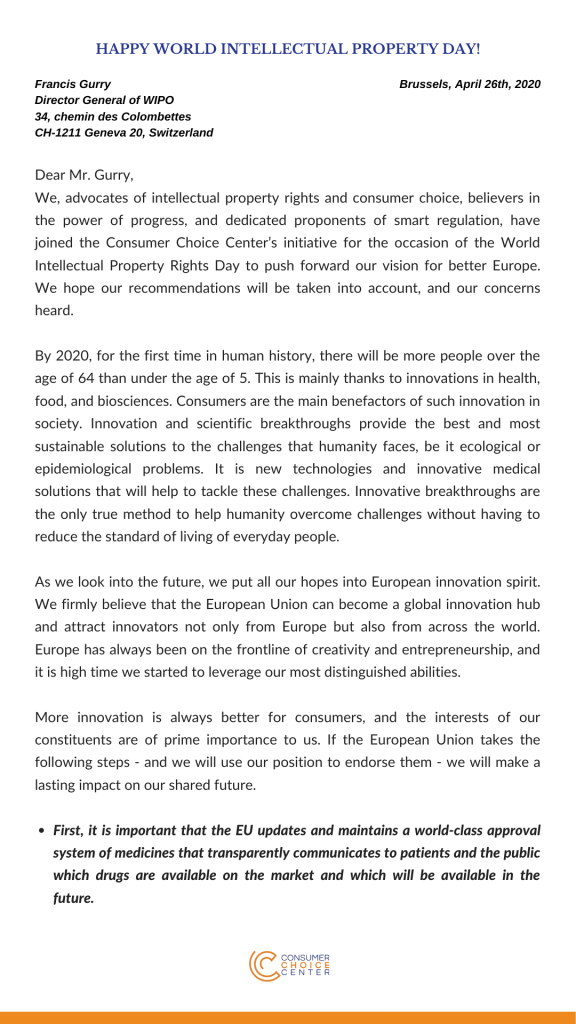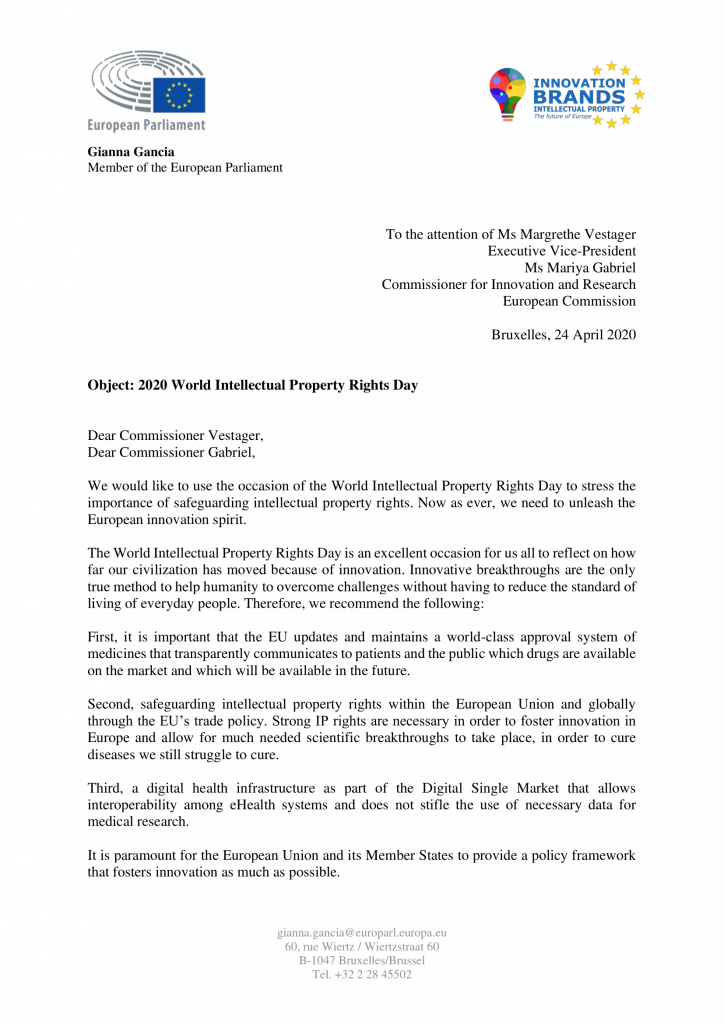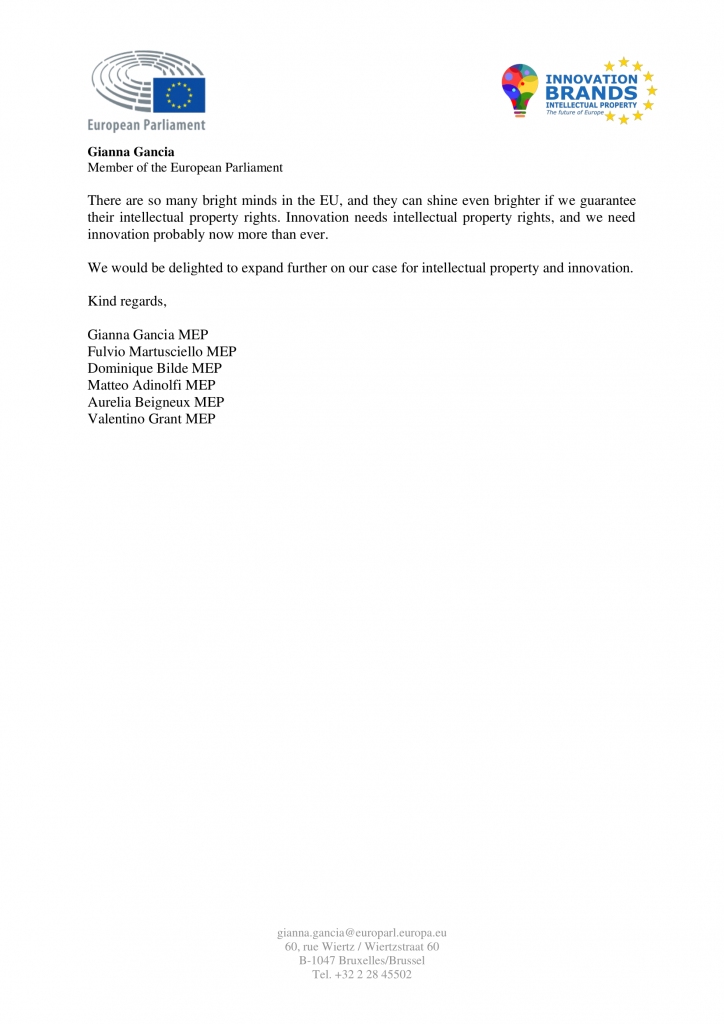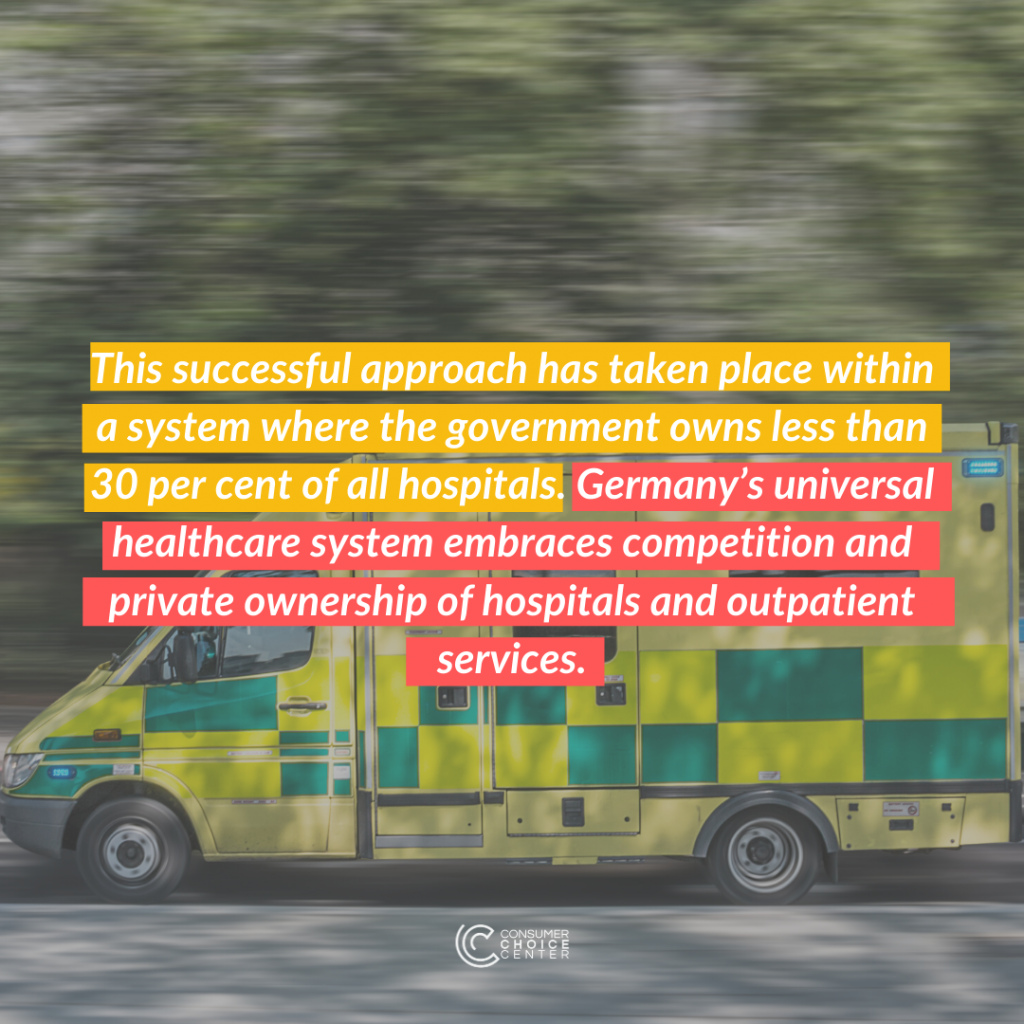[Marketing Medium] Il prezzo calmierato per le mascherina è pericolo per la libertà, non solo d’impresa ma anche dei consumatori
Roma, IT – Ieri il Presidente Conte ha dichiarato che il prezzo delle mascherine chirurgiche sarà di 0.50 euro, Luca Bertoletti, European Affairs Manager per il Consumer Choice Center commenta: “quanto avvenuto ieri sera è pericoloso, e infatti ne vediamo già gli effetti. Molte farmacie, che avevano mascherine nei magazzini non le vendono più in quanto non riuscirebbero nemmeno a rientrare dei costi”.
source http://meltwater.pressify.io/publication/5ea70c1f6139460004f70f74/5aa837df2542970e001981f6


